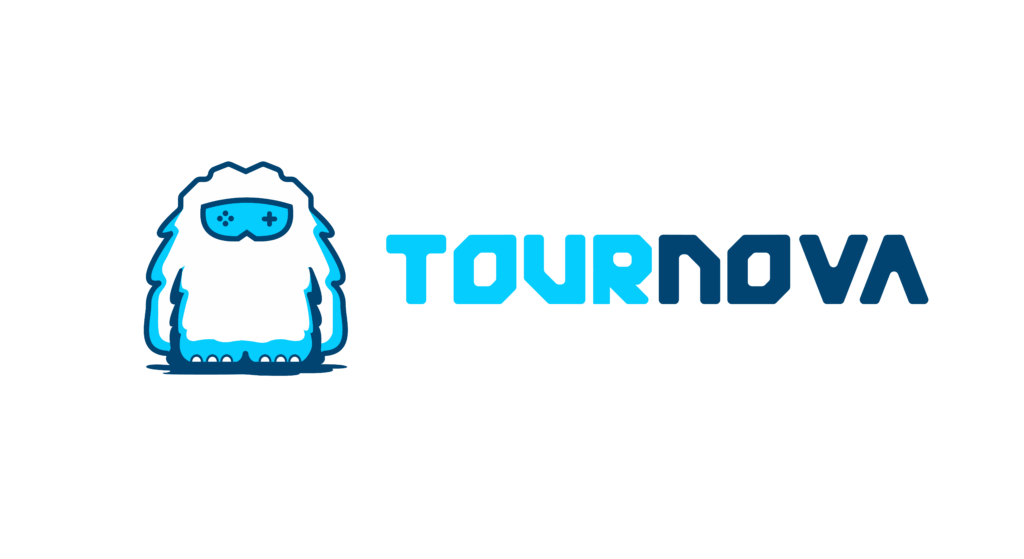Have you ever watched a championship esports match and dreamt of being part of that electrifying world, controlling the action with your team? The allure of esports is undeniable, but for many, starting a team feels like staring up at an insurmountable mountain. Confusion about where to begin and how to navigate the competitive landscape can stop dreams before they even start. But fear not—we’re here to offer you a clear path forward, helping you turn that spark of an idea into a successful esports team. From understanding the ecosystem to the nuts and bolts of team creation, we’ll guide you every step of the way on how to create a winning esports team.
How to Create a Winning Esports Team from Scratch

Understanding the Esports Ecosystem
The esports world offers endless possibilities but also demands a keen understanding of its intricate ecosystem. The various game genres exemplify the diversity: MOBA (Multiplayer Online Battle Arena) games like Dota 2 and League of Legends, FPS (First-Person Shooter) titles such as Counter-Strike: Global Offensive and Call of Duty, and Battle Royale games like Fortnite and Apex Legends. Each genre has its tournaments and leagues—The International for Dota 2 and ESL for multiple games are but a few gateways to international fame. Organizations provide structure, sponsors bring financial backing, and a dedicated fanbase fuels the team’s momentum. Embracing this ecosystem is essential for anyone starting.
Steps to Create an Esports Team
1. Define Your Team’s Goals and Vision
Every journey begins with a vision. Decide on the game or games your team will specialize in. Then, sketch out both short-term goals, such as entering local tournaments, and long-term visions, like becoming a global esports brand. This vision will fuel your team’s motivation and direction.
2. Recruit the Right Players
Finding the right mix of players can be as challenging as the game itself. Focus not just on skill but on the synergy and communication within the team. Platforms like Discord servers, gaming forums, and online communities are treasure troves for discovering talent. Remember, a cohesive team often outshines a collection of star players who can’t connect.
3. Assign Roles and Responsibilities
Having defined roles within the team is like having the perfect game plan. Assign key positions such as a captain to lead, a coach to strategize, and analysts to provide insights. Each player should know their in-game responsibilities, and just as importantly, their out-of-game duties to ensure smooth operations.

4. Develop a Practice Schedule
Consistency is key. Establish a rigorous practice schedule that balances skill-building, strategic development, and team bonding. Analyze gameplay through VOD reviews and analytics to continuously improve. We can’t overstate the value of these sessions—they turn good teams into champions.
5. Secure Funding and Sponsorships
Funding is the backbone of your team’s growth. Consider multiple avenues: personal investment, crowdfunding, or brand sponsorships. Pitch your team’s unique value and vision to potential sponsors with clarity and confidence. Effective financial management will help sustain your team through thick and thin.

6. Build Your Team’s Brand
A memorable brand distinguishes your team from the competition. Create a striking team name, an eye-catching logo, and a well-maintained social media presence. Engage with fans through streams on Twitch or videos on YouTube. Upholding professionalism and sportsmanship will enhance your brand’s reputation.
Challenges of Starting an Esports Team
Forming an esports team isn’t without its challenges. The competitive landscape is fierce, and player turnover rates can disrupt team stability. Financial limitations often constrain newer teams. Moreover, managing personal commitments alongside team responsibilities can be tricky. Yet, with dedication and smart strategies, these hurdles can be overcome.
Tips for Building a Successful Esports Team
Success in esports calls for teamwork and synergy over star power. Prioritizing mental health and player well-being ensures a long-lasting career. Stay current with game metas and patch changes, as the ever-evolving nature of games can impact performance. Finally, networking with other teams and organizations can open doors and foster growth.

Success Stories: Esports Teams That Started Small
Take inspiration from the acclaimed rise of teams like Fnatic and T1, who started with modest resources yet achieved legendary status. Their stories teach us the importance of sticking to a vision, adapting to challenges, and the sheer determination required to climb to the top. These teams showed us that humble beginnings can lead to greatness with the right mindset and perseverance.
Finishing Remarks
Embarking on the journey to create a winning esports team from scratch is both exhilarating and challenging. While the world of competitive gaming may seem vast and intimidating, with the right approach and mindset, aspiring team founders can carve out their niche. By embracing the intricacies of the esports ecosystem, setting clear goals, and building a cohesive team with defined roles, you lay the foundation for success.
Securing funding, developing a compelling brand, and adhering to a structured practice regimen are equally crucial steps. Though challenges such as financial constraints and the dynamic nature of the gaming industry can be daunting, they are surmountable with perseverance and strategic foresight.
The stories of teams like Fnatic and T1 remind us that humble beginnings need not limit ambition. With dedication, adaptability, and a strong vision, on the way to create a winning esports team of your own, your teamcan rise to prominence, echoing the triumphs of those who have paved the way. As you take your first steps into the competitive arena, remember that the synergy and passion within your team can transform your dream into a reality.
Read the hottest in-depth Esports Guides on Tournova.
FAQs
1. What is the ideal team size for starting an esports team?
While the team size depends on the game, most esports teams range from 5 to 7 players, including substitutes and specialized roles.
2. How important is it to have a coach or analyst on the team?
Coaches and analysts are crucial as they provide strategic insights, help refine gameplay, and support player development, contributing significantly to team success.
3. Can an esports team function without funding or sponsorship?
While it’s challenging, it’s possible to start smaller-scale operations without initial sponsorship by pooling personal investments and focusing on grassroots growth.
Sources:
– [Esports Ecosystem Overview by Red Bull]









